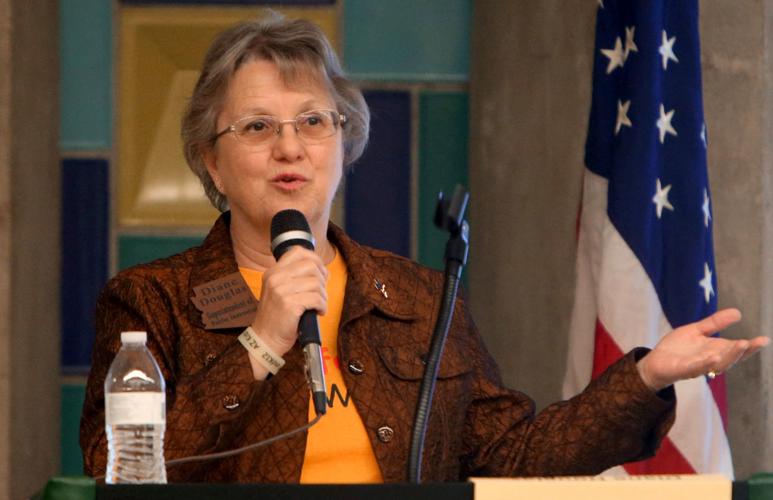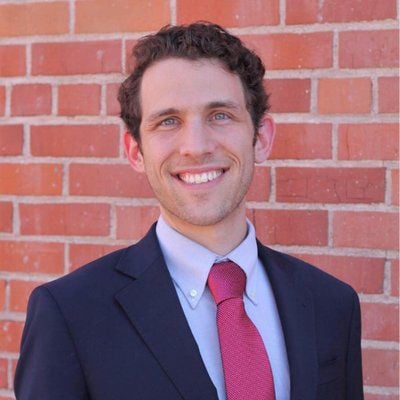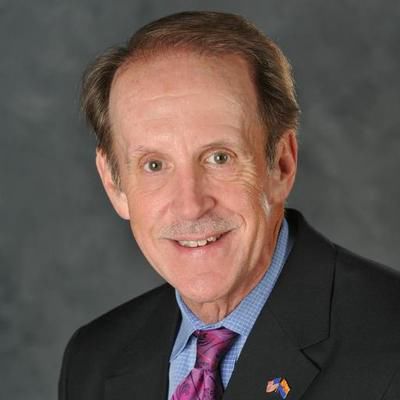By almost all accounts, Arizona’s top school’s official, Diane Douglas, is vulnerable in this election cycle.
Douglas won the Superintendent’s’ Office in 2014 on the thinnest margin of any statewide Republican, and within a month of taking office started a high profile-fight with Gov. Doug Ducey by firing several Board of Education employees.
Ducey overruled her firings and reinstated the employees, saying the superintendent, who runs the Department of Education, didn’t have the authority to hire or fire board employees.
Douglas lashed out, complaining Ducey refused to meet with her, calling him part of a “shadow faction” of charter school operators supporting Common Core and accusing him of “depriv(ing) schools of hundreds of millions of dollars to give to his corporate cronies as tax cuts.”
Douglas now says if she has any regrets about her first term, it was not picking up the phone and talking to Ducey before things escalated. She says they’ve repaired relations and points to a handful of collaborative initiatives they’ve accomplished.
But her actions created a shock wave that rippled through her entire first term.
Now, Douglas faces a primary challenge as Republicans call her an “embarrassment” and warn if she wins the primary, Democrats will beat her in November.
Douglas is facing four Republican challengers in the Aug. 28 primary election: Bob Branch, a professor of education at Grand Canyon and Liberty universities, who ran unsuccessfully on a tea party platform for Congress in 2010; Jonathan Gelbart, the former director of charter school development for Basis charter schools; Tracy Livingston, a longtime classroom teacher; and Frank Riggs, a former California congressman who ran for governor in 2014.
Early voting starts Aug. 1.
Each of them has raised more money than Douglas, according to the latest campaign finance reports.
But that cluster of challengers may be her salvation. In a five-way race, the winner could emerge with support from just 21 percent of Republican voters.
Since taking office, Douglas has surprised some of her critics, championing more money for public schools and taking charter schools to task for what she sees as a lack of regulation.
But she’s also been dogged by controversy. Most recently she attempted to remove references to evolution in high school standards and said intelligent design should “absolutely” be taught alongside evolution. She called for teachers to be punished for going on strike, which critics called ludicrous in a state with a severe teacher shortage.
She knows what her critics are saying: She’s mismanaging the Department of Education, she hasn’t repealed the Common Core curriculum as promised and she’s burned bridges with other Republicans.
But Douglas disputes that. She says unlike other superintendents, she hasn’t cleaned house at the Department of Education and hired her own friends. Turnover is on par with many other state agencies, she noted, and those who have been laid off needed to go, she said.
And she said she’s kept her promise to repeal Common Core, even when the “powers that be” were against her, and has ensured that Arizona’s standards fit Arizona’s needs. While her critics say the standards have simply been renamed, Douglas said she’s redrafted large sections.
“I’ve done what I promised the voters I would do, and more,” she said. “When I’ve had controversy, especially in the beginning, it’s because I was told point-blank by the powers that they would not allow me to do what I promised the voters I would do. And if I have to stand up for the voters, I’m going to do that.”
Livingston, the only K-12 teacher running for the office on the Republican side, has spent most of her career working with English-language learners in low-income schools.
She’s seen the disparity in Arizona schools based on socioeconomic status and thinks the state should reform its performance-based funding models to be more growth-based.
“If we are moving the needle within our own school, our own community and our own population, teachers need to be rewarded. A school in south Phoenix is never going to measure up to a school in Paradise Valley in head-to-head test scores, but they can measure up in growth,” she said.
And Livingston said she acutely understands the concerns of teachers who feel underpaid. She has a master’s degree in English as a second language and 16 years as a teacher, but earns just $44,000.
She disagrees with methods to attempt to force the Legislature into providing funding for education.
“I stand for every teacher in this state, until they walked out,” Livingston said, noting she wouldn’t punish teachers for walking out, as Douglas wanted.
But like Douglas, Livingston said she’s not afraid to take on the Legislature to fight for more funding for schools and would advocate for a sales-tax increase through Proposition 301, saying it should be increased by nine-tenths of a cent, to 1.5 cents per dollar.
Livingston said while she may agree with Douglas on some issues, Douglas is ineffective and “the worst superintendent that this state has ever seen.”
Branch, who teaches doctoral-level educational leadership at Grand Canyon University, took a different tack, saying he’s running for the office, not against Douglas, and has nothing bad to say about her. But more generally, he slammed the “politicians” who have failed Arizona’s schools.
In his role at Grand Canyon, Branch said he’s taught thousands of teachers to become administrators, has taught administrators to become superintendents and understands how large educational organizations work.
“When I walk onto a campus, chances are a lot of the teachers already know me, the administrators know me and I’ve taught many of the superintendents. I’m not going to walk in as a politician who says, ‘I know better than you.’ I’ll walk in as a peer who says, ‘How can we solve this problem?’” he said.
Like the others, Branch thinks teachers should be better paid.
But Branch called #RedForEd “a political movement” planned by Democrats and said teachers shouldn’t have walked out. He said it doesn’t make sense to punish individual teachers for striking, and if the state is going to hold anyone accountable, it should be schools for closing and violating their commitment to the public.
One of Branch’s major campaign points is that he will use the office to advocate for getting rid of state mandates, both funded and unfunded. And he’d use his bully pulpit to advocate for abolishing the U.S. Department of Education — even if that means giving up more than a billion dollars of federal funding.
Gelbart, the former Basis employee who helped the highly-ranked charter chain open 15 schools in Arizona and Texas, said that experience taught him how school financing, budgeting, facilities and operations work, at least on the charter school side.
“I got to know how a high-performing school system operates: lean and efficient. And there’s some things Basis does that might not be transferable to district schools, but there’s a lot that is transferable. They have high expectations, they hire expert teachers and they have accountability in their schools,” he said.
But Gelbart said just because he comes from a charter school background doesn’t mean he’s going to prioritize them over district schools.
He wants district schools to learn from charters, however, and wants to deregulate district schools, saying the success of charters is attributable to the fact that they’re agile and flexible.
To that end, he suggested taking a page from Colorado, where public schools can apply to have regulations waived to try new educational models to prepare students for the future.
“We need to make sure kids are not being trained to be obedient followers of direction, but instead to be self-motivated, self-directed, independent thinkers and problem solvers,” he said.
Gelbart is the strongest fundraiser in the race, having pulled in just short of $100,000 so far, $25,000 of which he provided himself.
Riggs, the former congressman and police officer from California, is drawing on his experience working across the aisle with the likes of Ted Kennedy to craft education policy, and said his political experience has taught him to use the superintendent’s bully pulpit to improve education by working with lawmakers, an area where Douglas has failed, he said.
“She has no credibility or very little credibility where it counts, and that goes all the way back to her picking a very public fight with the governor when they were both in the beginning of their terms ,” he said.
Riggs is among the best-funded candidates in the race, having raised $85,000, almost $60,000 of which he provided himself. Douglas, by comparison has raised less than $18,000, and Livingston has raised only a little more.
In Congress, Riggs was a big supporter of charter schools and school choice, and authored legislation allowing charter school expansion. He was CEO of a charter school development company. But he said he also advocates for “clearly-needed” charter school reform, and wants to reign in charter abuses, calling Arizona the “wild west of charter schools.”
He said he’d use the superintendent’s position on the Arizona State Board for Charter Schools to advocate for ending the practice of “self-dealing” and ensure all charter schools have a majority of independent members on their board.
And he touts his support and endorsement from Mommy Lobby, a group of parents, teachers and residents who want Common Core repealed and replaced because Douglas has failed to fulfill her promise of getting rid of it, he said.
Contact reporter Hank Stephenson at hstephenson@tucson.com or 573-4279.













